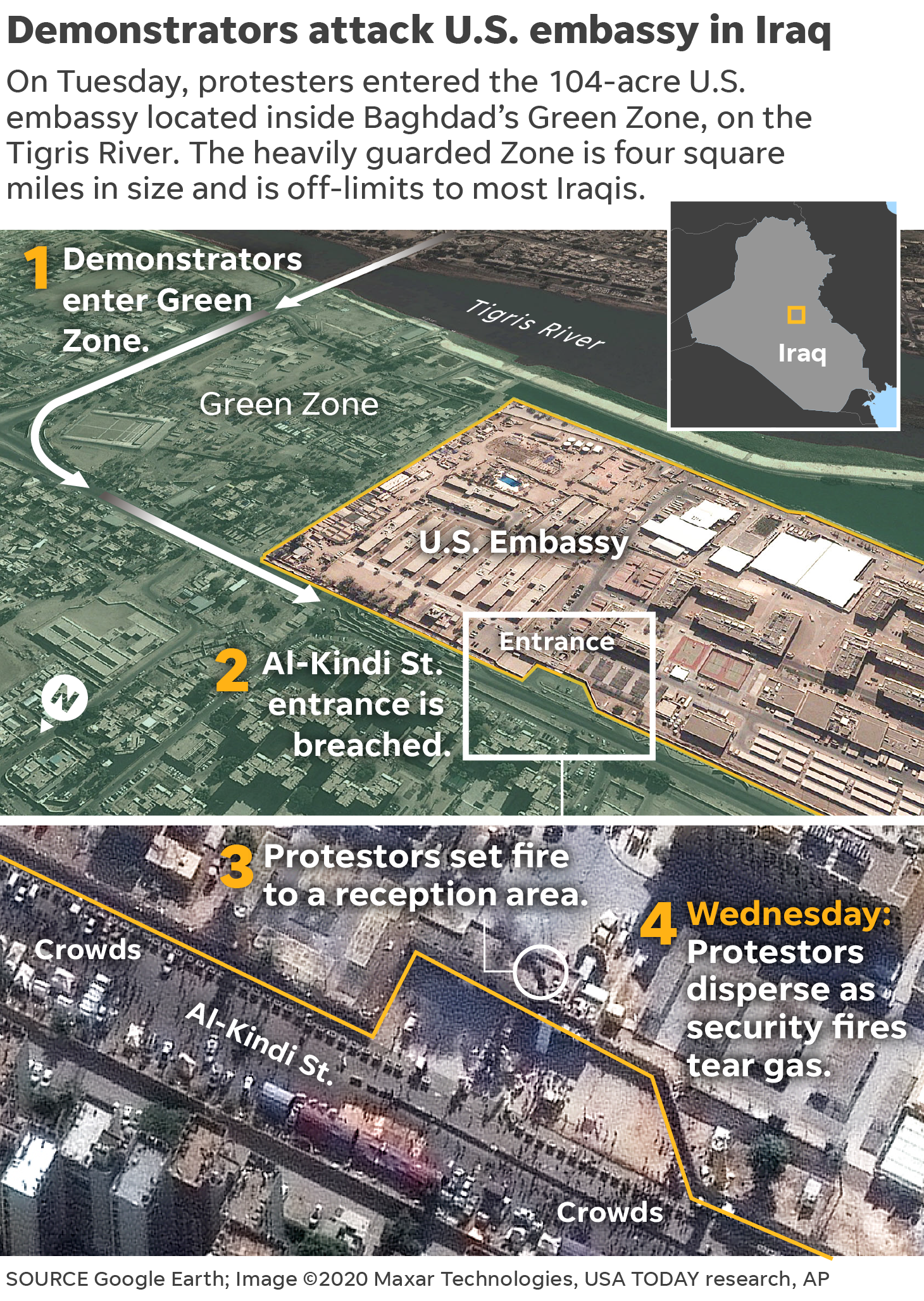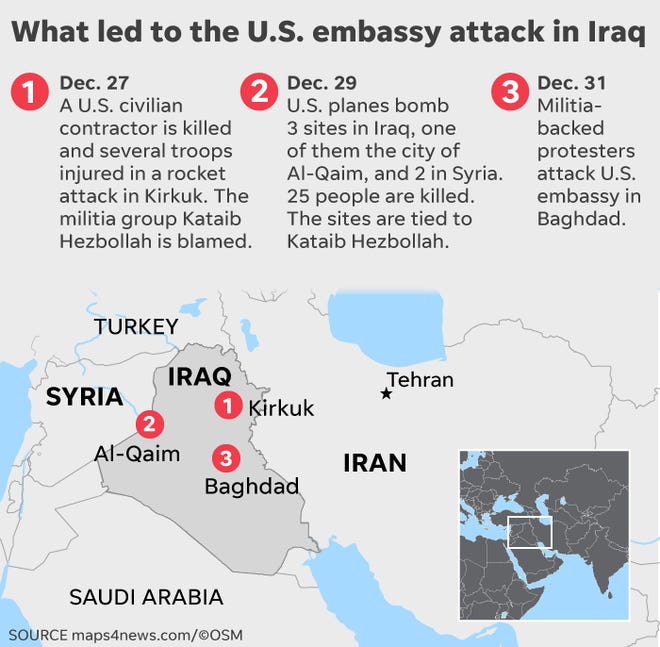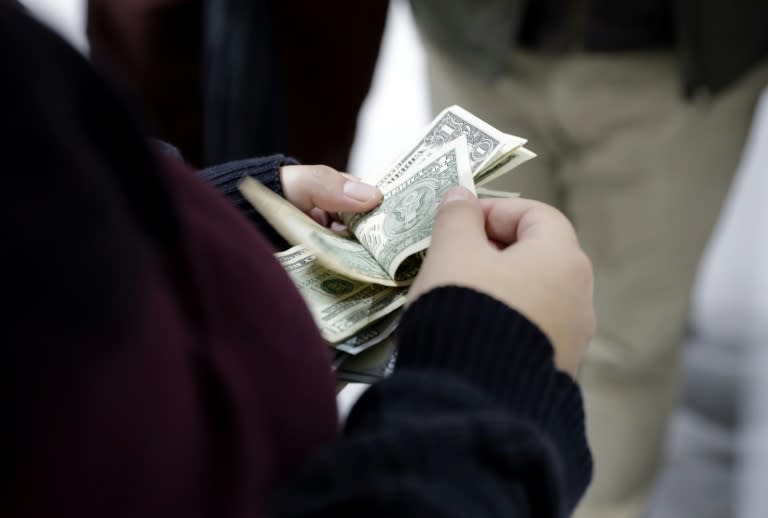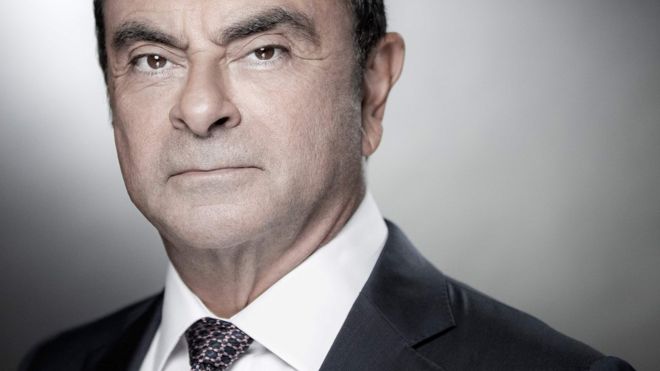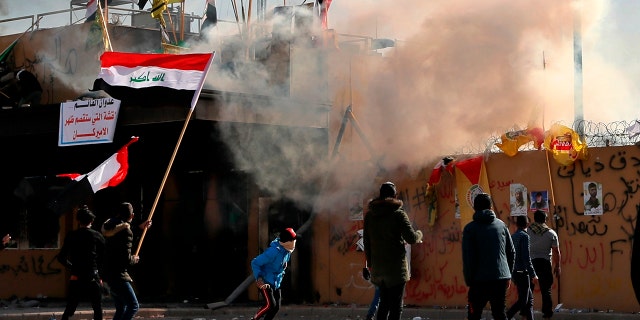
TOKYO—Nissan’s former Chairman Carlos Ghosn said on Tuesday he was in Lebanon and was not fleeing justice, but instead sought to avoid “injustice and political persecution” in a criminal trial in Japan for alleged financial misconduct. “I am now in Lebanon, and will no longer be held hostage by a rigged Japanese justice system where guilt is presumed, discrimination is rampant and basic human rights are denied, in flagrant disregard of Japan’s legal obligations under international law and treaties it is bound to uphold,” the statement said. Japanese media quoted prosecutors speaking anonymously who said they did not know how Ghosn had left the country while under surveillance. BEIRUT (Reuters) – The Lebanese government does not know how Nissan ex-boss Carlos Ghosn made it from Japan, where he was due to be tried for financial misconduct, to Lebanon, the foreign ministry said on Tuesday.
A very weird rumor floating around is saying that Carlos Ghosn, the former chairman and CEO of the Renault-Nissan Alliance, escaped Japanese house arrest and fled to Lebanon this past weekend by reportedly hiding in a musical instrument case. Yesterday afternoon, The Washington Post and Financial Times both reported that Ghosn had left Japan and taken a private jet to Lebanon on Sunday, but it was initially unclear whether the accused businessman had arranged something with the conditions of his bail and house arrest with Japanese authorities, or if he had fled the country. We’re a bit skeptical of the piano case rumor as of right now, however, as we’re talking about Japan, a country with fairly strong passport controls, and it’s a wild coincidence that Ghosn escaped right before New Year’s Eve – a very convenient time to bury some less-than-desirable news.
BEIRUT (AP) Zena Karam — Former Nissan chairman Carlos Ghosn, who is awaiting trial in Japan on charges of financial misconduct, has arrived in Beirut, a close friend said Monday. He apparently jumped bail. It was not clear how Ghosn, who is of Lebanese origins and holds French and Lebanese passports, left Japan where he was under surveillance and is expected to face trial in April 2020. Ricardo Karam, a television host and friend of Ghosn who interviewed him several times, told The Associated Press Ghosn arrived in Lebanon Monday morning.. “He is home,” Karam told the AP in a message. “It’s a big adventure.” Karam declined to elaborate. Local media first reported Ghosn arrived in Lebanon, but didn’t offer details. There was no immediate comment from Japan or from Lebanese officials.
Given the lack of an extradition agreement between Japan and Lebanon, the UN Convention against Corruption UNCAC is the sole course of action to trie Ghosn on Lebanese soil. Global anti-corruption treaty enacted in 2009, signed by 141 countries including Japan and Lebanon.”Article 44 and 22 of the UN Convention against Corruption (UNCAC) paves the way to return the accused to face trial in Lebanon if charges apply in both countries,”
Ghosn, 65, has been on bail in Tokyo since April and is facing charges of hiding income and financial misconduct. He has denied the charges. He had been under strict bail conditions in Japan after spending more than 120 days in detention. Lebanon-based paper Al-Joumhouriya said Ghosn arrived in Beirut from Turkey aboard a private jet. AP has not been able to confirm those details or how he was able to leave Tokyo. A house known to belong to Ghosn in a Beirut neighborhood had security guards outside with two lights on Monday night, but no sign otherwise of anyone inside. The guards denied he was inside, although one said he was in Lebanon without saying how he knew that. Ghosn was arrested last year in Japan and has been charged with under-reporting his compensation and other financial misconduct. He denies wrongdoing and was out on bail. His trial had not started.
Ghosn’s lawyers say the allegations are a result of trumped-up charges rooted in a conspiracy among Nissan, government officials and prosecutors to oust Ghosn to prevent a fuller merger with Nissan’s alliance partner, Renault SA of France. Ghosn, one of the auto industry’s biggest stars before his downfall, is credited with leading Nissan from near-bankruptcy to lucrative growth. Even as he fell from grace internationally, Ghosn was still treated as a hero in Lebanon, where many had long held hopes he would one day play a bigger role in politics, or help rescue its failing economy. Politicians across the board mobilized in his defense after his arrest in Japan, with some suggesting his detention may be part of a political or business-motivated conspiracy.
